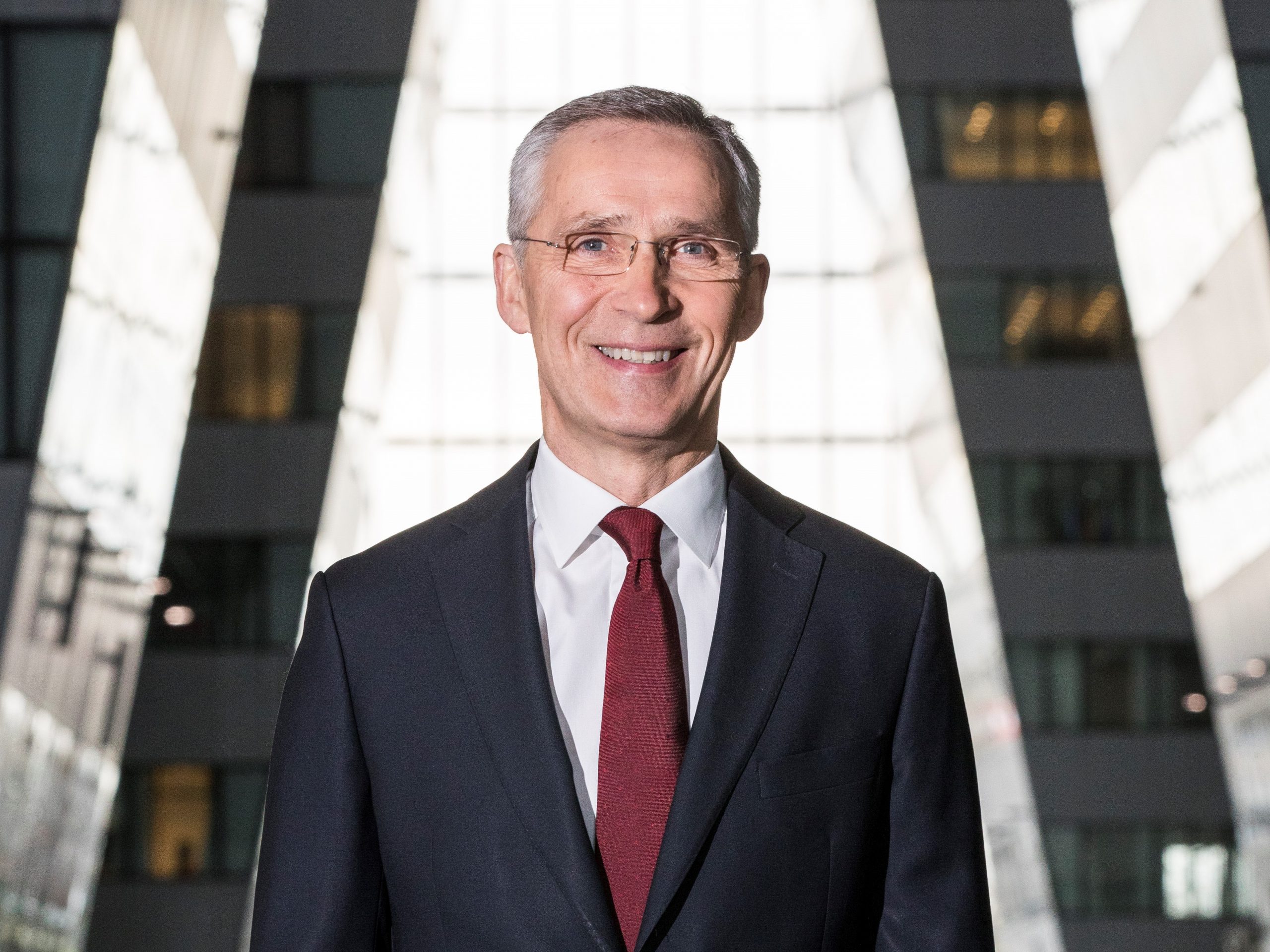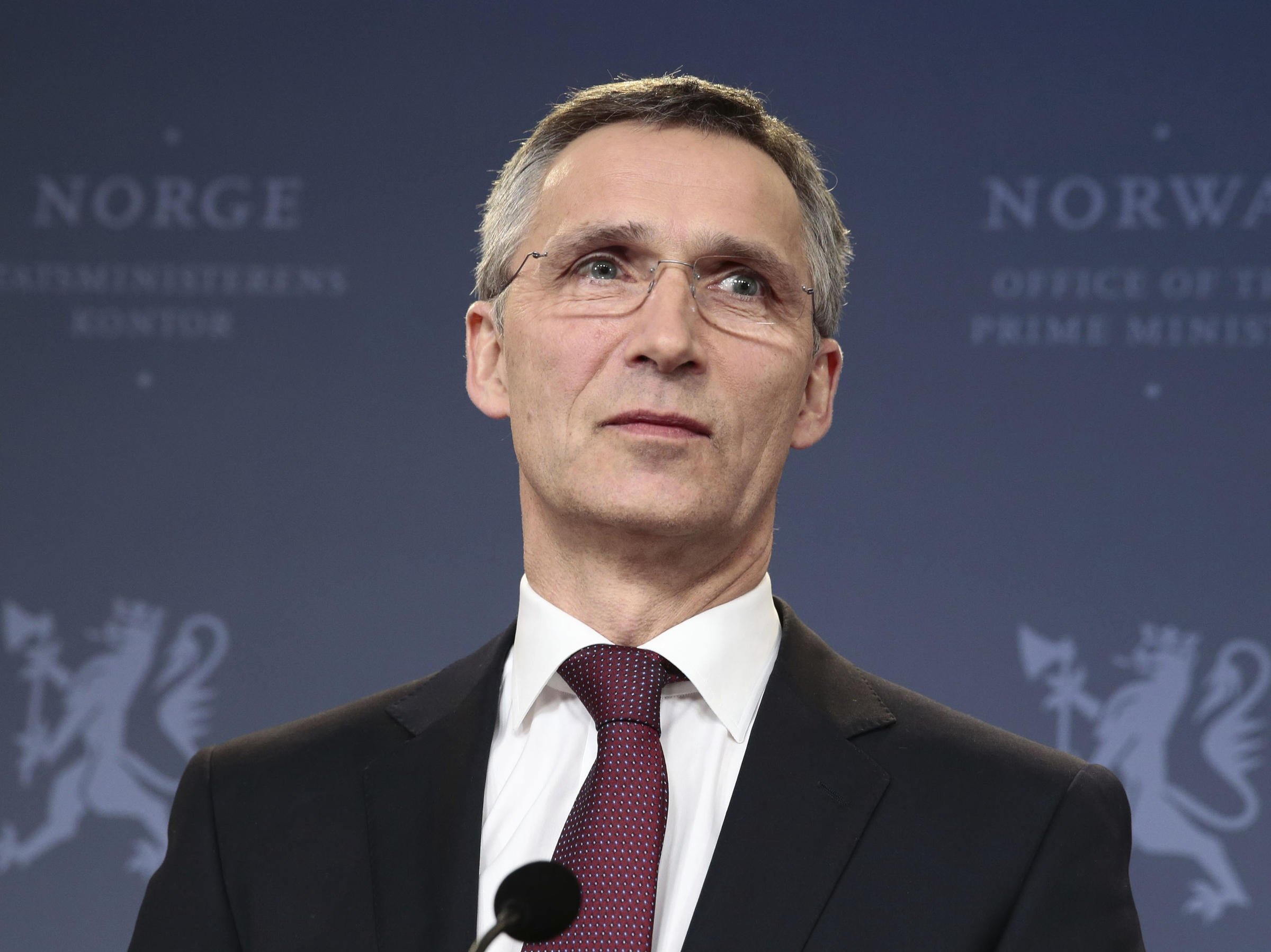Jens Stoltenberg’s Role in NATO

Jens Stoltenberg has served as the Secretary General of NATO since 2014. In this role, he is responsible for leading the organization and managing its political and military activities. He also represents NATO at international events and meetings.
Stoltenberg has faced a number of challenges during his tenure, including the ongoing conflict in Ukraine, the rise of ISIS, and the increasing assertiveness of Russia. He has also been involved in a number of key decisions, such as the decision to deploy NATO troops to Afghanistan and the decision to increase NATO’s presence in Eastern Europe.
Stoltenberg has been praised for his leadership and his ability to build consensus among NATO members. He has also been criticized for his handling of some issues, such as the conflict in Ukraine.
Key Responsibilities
As Secretary General of NATO, Jens Stoltenberg has a number of key responsibilities, including:
- Leading the organization and managing its political and military activities
- Representing NATO at international events and meetings
- Consulting with NATO members on security issues
- Developing and implementing NATO policies
- Managing NATO’s budget and resources
- Appointing NATO staff
Challenges and Opportunities
Stoltenberg has faced a number of challenges during his tenure as Secretary General of NATO, including:
- The ongoing conflict in Ukraine
- The rise of ISIS
- The increasing assertiveness of Russia
- The need to modernize NATO’s forces
- The need to increase NATO’s cooperation with other international organizations
Despite these challenges, Stoltenberg has also seen a number of opportunities during his tenure, including:
- The opportunity to strengthen NATO’s relationship with the United States
- The opportunity to increase NATO’s cooperation with the European Union
- The opportunity to expand NATO’s membership
- The opportunity to modernize NATO’s forces
- The opportunity to increase NATO’s cooperation with other international organizations
Leadership and Decision-Making
Stoltenberg has been praised for his leadership and his ability to build consensus among NATO members. He has also been criticized for his handling of some issues, such as the conflict in Ukraine.
However, there is no doubt that Stoltenberg has been a key figure in NATO’s response to the challenges of the 21st century. He has helped to strengthen the organization and its relationships with other international organizations. He has also helped to modernize NATO’s forces and expand its membership.
Jens Stoltenberg’s Diplomatic Initiatives

Jens Stoltenberg has played a crucial role in strengthening NATO’s relationships with partner countries and fostering dialogue and cooperation with non-member states. His diplomatic efforts have significantly enhanced NATO’s global standing and influence.
One of Stoltenberg’s key initiatives has been the Enhanced Opportunities Partnership (EOP), which provides a framework for cooperation between NATO and non-member countries that have made significant contributions to NATO-led operations.
Partnerships with Asia-Pacific Countries, Jens stoltenberg
Stoltenberg has also been instrumental in deepening NATO’s partnerships with Asia-Pacific countries. He has visited Japan, South Korea, Australia, and New Zealand to discuss common security challenges and explore areas for cooperation.
- In 2017, NATO and Japan signed a joint declaration on cooperation, the first such agreement between NATO and an Asia-Pacific country.
- Stoltenberg has also emphasized the importance of NATO’s partnership with Australia, particularly in the Indo-Pacific region.
Jens Stoltenberg’s Vision for NATO’s Future
Jens Stoltenberg has Artikeld an ambitious vision for the future of NATO, emphasizing the need for the alliance to adapt to evolving threats and maintain its relevance in a rapidly changing global security landscape. He has proposed a comprehensive plan to modernize NATO’s capabilities and enhance its ability to deter and defend against potential adversaries.
Modernizing NATO’s Capabilities
- Investing in new technologies: Stoltenberg has called for NATO to invest heavily in emerging technologies such as artificial intelligence, cyber defense, and space capabilities to stay ahead of potential threats.
- Strengthening collective defense: He has proposed increasing NATO’s military spending and improving its readiness to respond to crises and conflicts.
- Enhancing interoperability: Stoltenberg has emphasized the importance of ensuring that NATO forces can operate seamlessly together, regardless of their national origin.
Adapting to Evolving Threats
- Countering hybrid warfare: Stoltenberg has identified hybrid warfare, which combines conventional and unconventional tactics, as a major threat to NATO. He has called for the alliance to develop new strategies and capabilities to counter this type of warfare.
- Addressing climate change: Stoltenberg has recognized the security implications of climate change and has called for NATO to play a role in addressing this global challenge.
- Strengthening partnerships: Stoltenberg has emphasized the importance of strengthening NATO’s partnerships with other international organizations, such as the United Nations and the European Union, to address global security challenges.
Challenges and Opportunities
NATO faces a number of challenges in implementing Stoltenberg’s vision for the future. These include:
- Political divisions: NATO member states have different perspectives on the alliance’s priorities and the threats it faces.
- Resource constraints: NATO members face budgetary pressures that may limit their ability to invest in new capabilities.
- Evolving threats: The security landscape is constantly changing, and NATO must be able to adapt quickly to new threats.
Despite these challenges, NATO also has a number of opportunities to shape its future. These include:
- Stronger unity: NATO has a long history of cooperation and solidarity, which can be a source of strength in the face of challenges.
- Technological advancements: NATO can leverage technological advancements to improve its capabilities and stay ahead of potential adversaries.
- Global partnerships: NATO’s partnerships with other international organizations can provide valuable support and resources.
Jens Stoltenberg, the current Secretary-General of NATO, will play a crucial role in shaping the upcoming NATO Summit 2024. His leadership will be instrumental in guiding the alliance through the evolving global security landscape and addressing the challenges of the future.
Stoltenberg’s experience and commitment to NATO’s mission make him well-suited to steer the alliance towards a successful and impactful summit.
In the realm of international diplomacy, Jens Stoltenberg has emerged as a respected figure. His tenure as NATO Secretary-General has been marked by astute leadership, guiding the alliance through tumultuous times. Jens Stoltenberg ‘s unwavering commitment to collective security and his ability to foster consensus have made him a pivotal figure in global affairs, shaping the future of the transatlantic alliance and beyond.